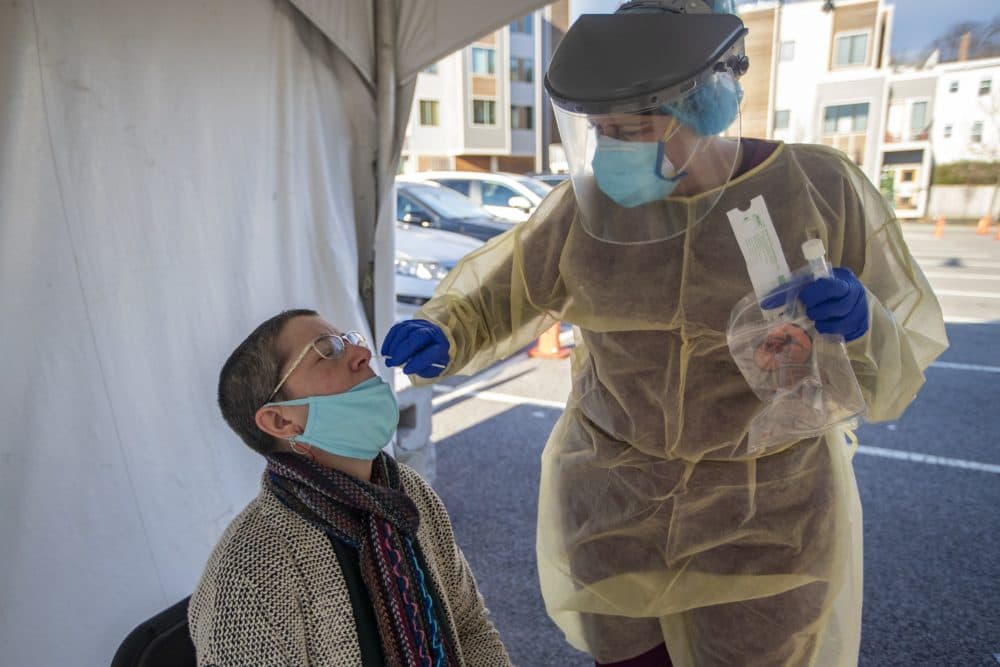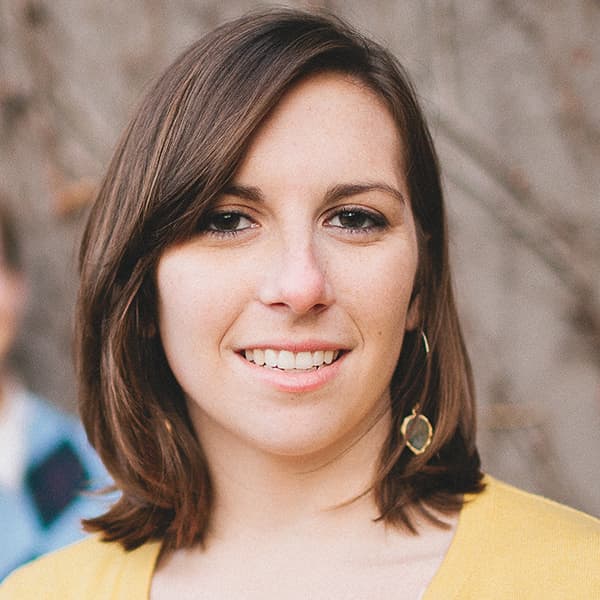Advertisement
State Planning COVID Testing Pilot For Child Care Staff, After Continued Pleas By Providers

When state leaders announced that they would be making widespread pooled coronavirus testing available to public schools, many child care providers and after school program directors were frustrated that they were left out.
Many had been caring for children throughout the pandemic as emergency child care providers reopened before most public schools. After school programs had transformed their spaces into remote learning centers to support students who needed to log on to their virtual classrooms.
They had been asking for access to coronavirus testing. But they wouldn't be eligible for the pooled testing program or the rapid antigen tests 134 public school districts could receive. (The antigen tests have to be administered by a health professional).
"We continue to be ignored. At the end of the day, this is a statement about whose lives matter and whose do not," said an open letter signed by more than 200 providers and advocates. The letter called for immediate access to weekly surveillance testing.
During a meeting of the Board of Early Education and Care Tuesday afternoon, State Education Sec. Peyser said the early education commissioner is in talks with philanthropic partners to set up a pilot for testing, with the hopes of eventually rolling out a testing program statewide.
"We believe the testing can be a valuable tool and is a valuable tool for helping early ed and child care programs open and stay open, too," Peyser said.
The idea would be to create regional testing sites for early education providers "so that they can minimize the sort of interruptions and end disruptions that have occurred as people are awaiting tests or trying to schedule tests, are being forced to quarantine because they've been in close contact with someone who might be positive."
He said a formal announcement is expected "very soon."
State education spokeswoman Colleen Quinn noted in a statement that "the small size and varied attendance of many child care programs makes pooled testing a difficult strategy to employ for early education."
Providers are only eligible for rapid mobile testing if there is a cluster of cases. The state has spent more than $790,000 on personal protective equipment for all child care programs programs and is also covering the parent fee for subsidized enrollment through the end of the fiscal year, at a cost of $72 million.
Rolling out weekly testing for educators in more than the 6,000 open programs across the state would require a lot of coordination. Many are run out of their homes or other facilities, compared to public schools which have hundreds or thousands of students and staff gathering in the same building.
"I feel depreciated and devalued," Deborah Kneeland Keegan, executive director of For Kids Only Afterschool said. Her organization operates five remote learning centers in Chelsea, Everett, Peabody, Revere and Winthrop.
"Throughout the pandemic, we cared for children when schools closed for in-person learning so that there was equity with remote learning instruction," she said. "We supported children impacted by trauma by the virus and other critical factors such as food and housing insecurities. We got sick ourselves by the virus and returned to work to see the smiles on our children’s eyes."
For Kids Only is among the eight organizations participating in a privately funded weekly testing pilot of child care staff organized by the nonprofit Neighborhood Villages. She and others said weekly testing has helped identify asymptomatic cases and given teachers and parents more peace of mind.
"We've seen firsthand the benefits," said Justin Pasquariello of East Boston Social Centers, which serves children from two months through 13 years old in East Boston, Chelsea, Winthrop and Revere -- communities that have had high numbers of COVID-19 cases.
"If we're concerned about the health and safety of children in schools, we need to be equally concerned about school age programs," Pasquariello said. "COVID-19 is not going to distinguish between one location and the other."
Many child care providers said state leaders should see early childhood and after school programs as part of education, not apart from it.
Editor's Note: This story has been updated to reflect the announcement that the state is launching a pilot program to student weekly coronavirus testing for child care staff.
This article was originally published on January 12, 2021.
